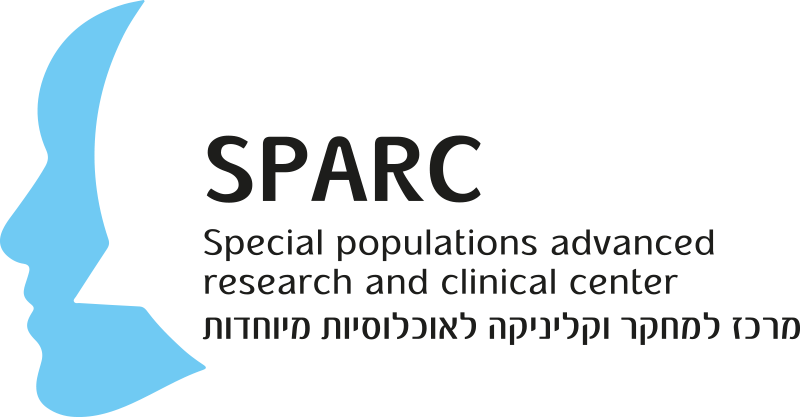Prof. Merav Ahissar
Ahissar’s Lab in the Hebrew University, Safra brain research center in the name of Lily and Edmond Safra
Autism, an update of perception and motor expectations:
The ability to adjust for unexpected events is important especially for social behavior. In interaction with the environment we rely on expectation about it, that we update quickly in response to new information and changes that occur. In a task for distinguishing between sounds that was held in a lab (Lider et al., 2019XX) we found that adults with autism perceived the sounds differently as a result of a slower update for the sensory expectations based on the latest sounds that were played. Based on this research, the “Slow update hypothesis”, it assumes that slow update is a gender feature of autism that reflects in different mechanisms that are the base of the social difficulties such as the sensor and motor differences.
For example, synchronization for external events is a vital ability for social interaction. In additional researches it was found that adults with autism are experiencing difficulties synchronizing, in the lab we showed that they have those difficulties in non social situations. In a series of synchronization researches (Vishne et al., 2021; Kasten et al., 2023XX) we used a simple drumming task that required to drum to a beat of a metronome. We discovered that adults with autism were less synchronized due to the difficulty adjusting the drumming rhythm according to the deviation from the metronome and when there were sudden changes in the metronome rhythm. On the contrary, they were not struggling keeping a certain rhythm without the metronome.
Altho it is known that neurotypical children have difficulties in that task, further research showed that this is caused by the difficulty in keeping an inner rhythm and not synchronization. We assume that the difficulty in synchronizing comes as a result of slow updates of the motor planning of the drumming. In according to that, in a movement task where we tested the update of the motor plan directly in response to a sudden change in the location target, we found that adults with autism update their movement slower in response to changes.
These days we look deeply into the hypothesis of the slow update in the performances of gifted musicians on the autistic spectrum by using the drumming and movement update tasks. We are also looking for the source of the slow update of the motor tasks in the brain using MRI and look for the update rhythm using an EEG.
We will love to be in touch: ppca1611@gmail.com

